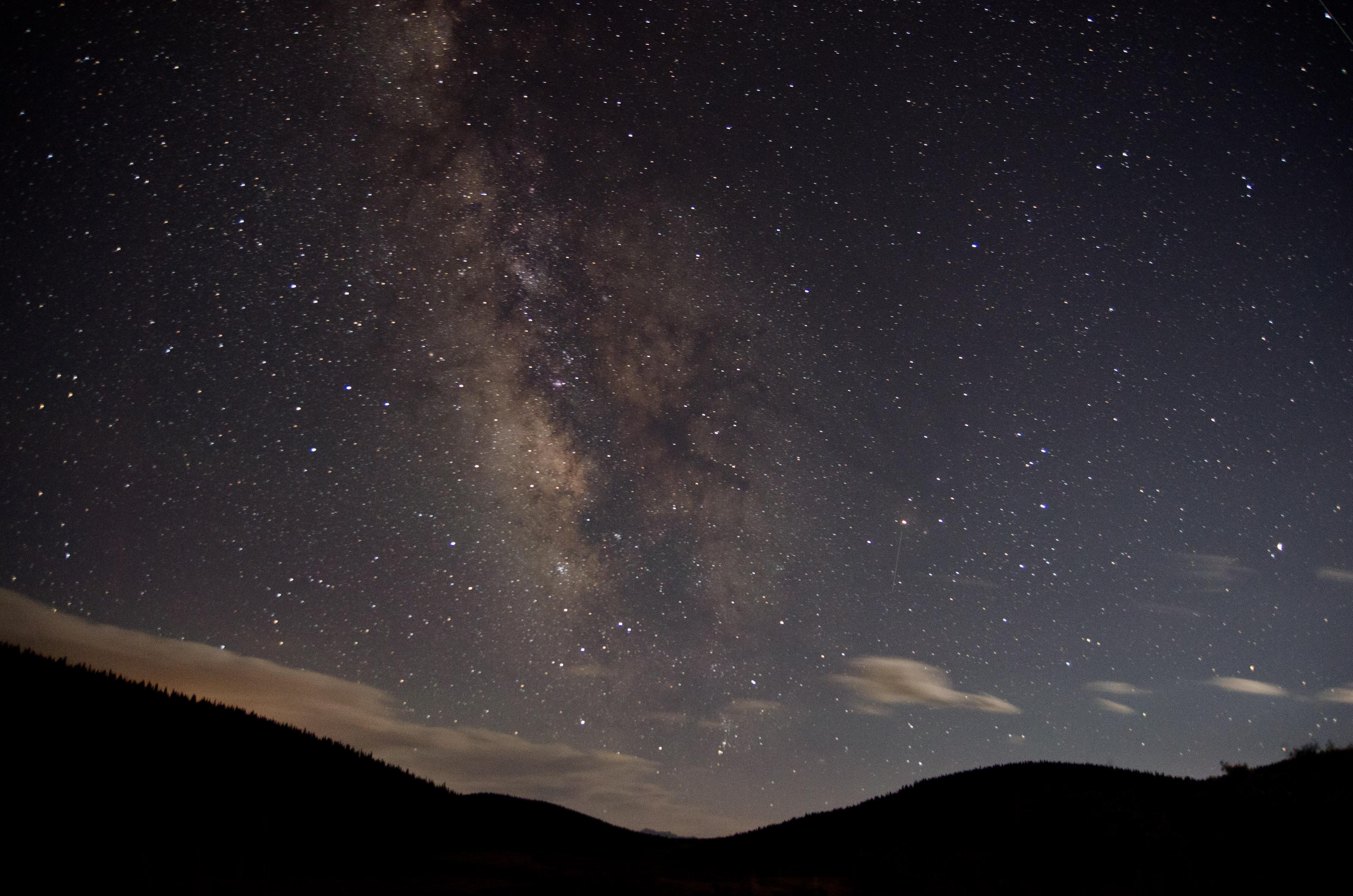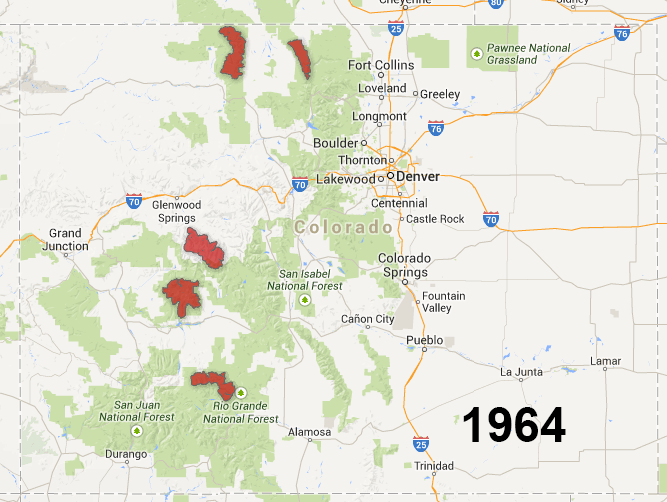
Denver Rep. Diana DeGette has been working on getting the Colorado Wilderness Act through Congress for 20 years. Wednesday, the House Natural Resources Committee held a hearing on the latest version of the bill, which would protect 740,000 acres of land in Colorado and designate 33 new areas across the state as federally protected wilderness.
The Democrat said the idea of the bill came from Coloradans who wanted to protect that last remaining wild areas, in particular in the state’s canyon country.
“We need to preserve those areas,” said Steve Bonowski of Lakewood, who testified on behalf of the bill. “Counties with protected lands in the West, not just Colorado, benefit from those lands economically more so than do counties that don’t have those.”
Bonowski is board member for Conservatives for Responsible Stewardship, as well as Colorado Mountain Club foundation, and describes himself as a wilderness advocate.
He’s hopeful the bill, which last had a hearing in 2010, will pass this session. But there are pockets of opposition to the bill and some of the designations, including from the southwest area of the state.

Chair of the Montezuma County Commission, Keenan Ertel, testified against the bill, or rather against the inclusion of three wilderness study areas in his county.
“I’m sure there are some of these wilderness areas that probably do qualify and should be considered for wilderness. But I don’t believe the three in Montezuma county are,” Ertel said.
These areas are already being managed as wilderness designated, countered DeGette. The bill would just codify it and make the designation permanent.
Ertel said that DeGette had not spoken with any members of the county commission about the bill and its impact on the area. DeGette acknowledged that and said she would rectify it during the August recess.
According to the state’s Office of Economic Development and International Trade, Colorado’s outdoor recreation economy generates $28 billion in consumer spending a year.
“It’s not easy to pass legislation like this,” DeGette said. “But when you look at the value to our state and you look at the economic impact, it’s just urgent that we pass this legislation now.”








